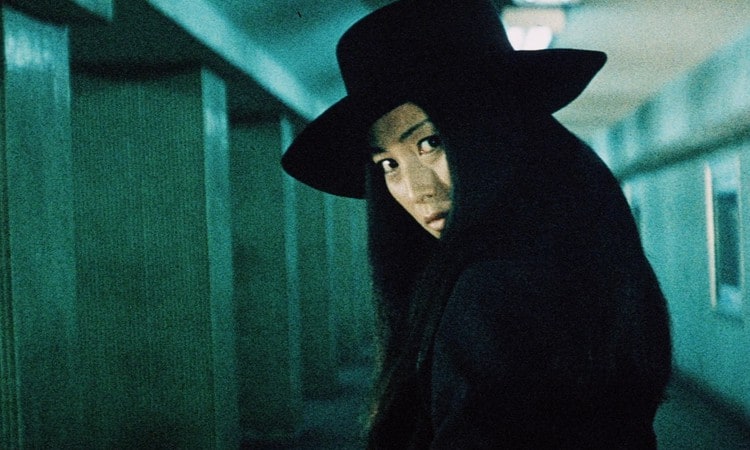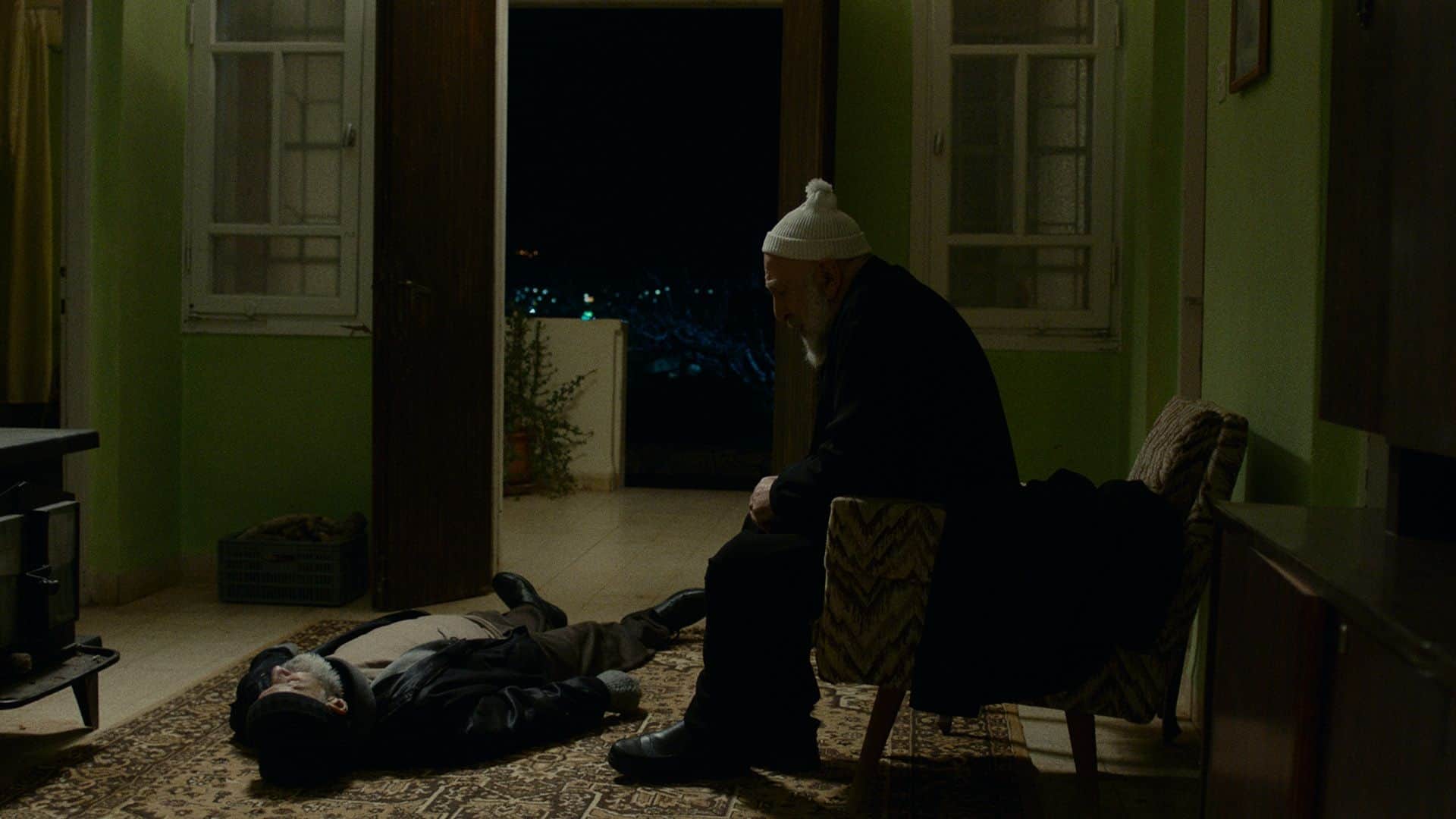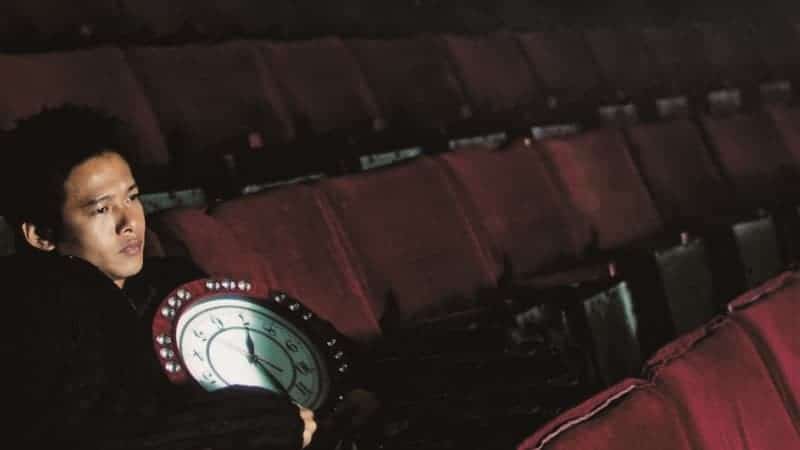In his genre-bending and seemingly nonsensical “Declaration of Idiot”, Lee Chang-ho offers a challenging and jarring satire on the class disparities in Korea of the 1980s. It's a crazy film in which flickers of brilliancy and almost balletic grace that would make Sorrentino blush are interspersed with a kitschy slapstick humor, that's an overt callback to the works of Laurel and Hardy. Despite the absurdist tone set by the director early on, the narrative is filled with a degree of despair. The events on screen, even though largely disjointed and hard to follow, offer a daunting portraiture of the Korean society and the growing gaps between the “haves” and “have nots”, fostered by the economic boom the Asian Tiger witnessed from the 1960s until the 1980s.
The film begins with a suicide of a movie director who decides to leap off a building. “People don't want to watch movies, they are only interested in sport” he utters to a man with a limp before his last breath. It's a first of many meta- and self-conscious nods the film makes towards the audience. The director's interlocutor turns out to be the protagonist Dong-cheol (Kim Myung-gon). He is a freewheeling agent of chaos who spends most of his time wandering the busy urban streets or following women and looking under their skirts. When he decides to abduct Hye-yeong (Lee Bo-Hee), a girl pretending to be a student at the university, he co-opts cab driver Yuk-deok (Lee Hee-seong) to help him with the enterprise. What follows later are surrealist sequences of the characters dreaming, and trying to make do and support themselves financially.

At its heart, “Declaration of Idiot” is an angry depiction of a young generation unable to find their way through the economic slump. Also, their lives are thwarted because of the ruling dictatorship. The film's political critique is veiled by the bizarre aesthetic employed by the director. Perhaps the most innovative of all the devices is the nuanced and inspired usage of sound design which contributes to the eerie feel of the film. Also, as mentioned earlier, Lee Chang-ho does not shy away from employing various genres. Thus, “Declaration of Idiot” mostly feels like a silent film with extended sequences of grotesque physical humor and gags straight out of a Buster Keaton routine.
The film's lack of structure and rather arbitrary chains of events don't make things easier for the viewer. Lee Chang-ho's offering is a demanding film testing the patience of its audience. Yet there is a method to the madness, as the oneiric narrative comes to a conclusion in a stunning party sequence, shot in slow motion. In a lavish fashion, it disturbingly depicts the debauchery and misogyny of the males who symbolically stand for the ruling class of the Korean society. The final third of the film is definitely its strongest part, as the critique is edgiest, and all of the themes are tackled more directly.
Yi Zong-gu's music, filled with soul and video games samples, adds grotesque to this bizarre and disturbingly ironic chameleon of a movie. Seo Jeong-min's cinematography also contributes to the experimental nature of “Declaration of Idiot”. Despite its visionary and non-conformist style, not everything aged well in the film. In many instances, the director uses subjective points of view to ironically emphasise the misogyny of his spoiled male characters. The strategy is subversive and playful only initially. Ultimately, the director becomes complicit in the act of ogling too, with the overindulgent long takes of nude women subjected to champagne showers being just one item on a long list.















